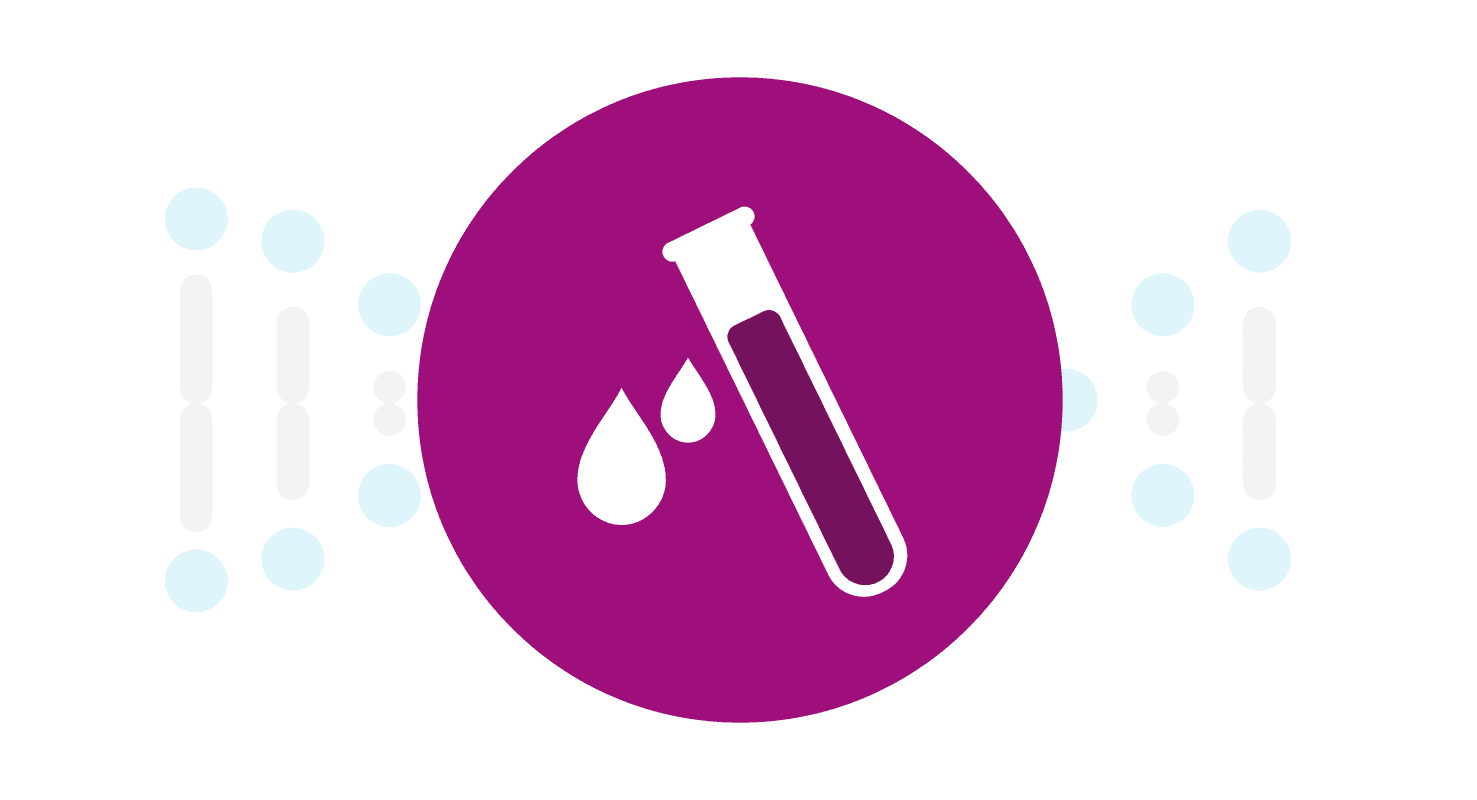Your genetics, whether your partner suffers from chronic pain and the environment you share with your partner, all contribute to your  own risk for having the condition, according to a new study into the complex mix of environmental and genetic factors that influence both the risk for chronic pain and for depression.
own risk for having the condition, according to a new study into the complex mix of environmental and genetic factors that influence both the risk for chronic pain and for depression.
Scientists at the University of Edinburgh also found that the two conditions share some of the same environmental and genetic associations.
“We hope our research will encourage people to think about the relationship between chronic pain and depression and whether physical and mental illnesses are as separate as some believe,” study author Andrew McIntosh said in a University of Edinburgh news release.
Separate Studies
Published in PLOS Medicine, the study relied on data from Generation Scotland, a Scottish Family Health History study, as well as data from the UK Biobank.
In a separate study, researchers from 23andMe, Massachusetts General Hospital and Pfizer conducted genome wide association studies using data from 23andMe customers, who consented to participate in research.
They found that chronic pain could arise through the combined effect of many genetic factors. They also found that the risk for chronic pain is heightened if there is also a genetic risk for depression.
All of this is of interest because health researchers have seen that chronic pain and depression often go hand-in-hand.
A Link With Depression
While some of the links between the two conditions are quite evident – for example, dealing with a painful and debilitating injury can take a toll on even the most resilient individuals and their partners. But independent of those issues this study found that other factors are also at play.
“Chronic pain is caused by an accumulation of many small genetic effects and is associated with some of the same genetic and environmental risk factors that confer risk of depression,” according to the researchers, adding that “both genetic factors and chronic pain in a partner or spouse contribute to the risk of chronic pain for an individual.”
By identifying those shared contributions, researchers said they hoped it would help in the search for new approaches for treating depression and chronic pain.
The study can be found in the PLoS Genetics.



